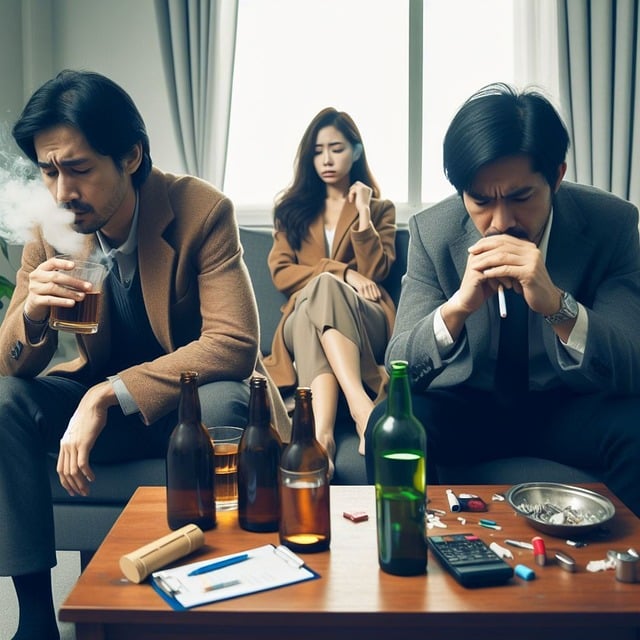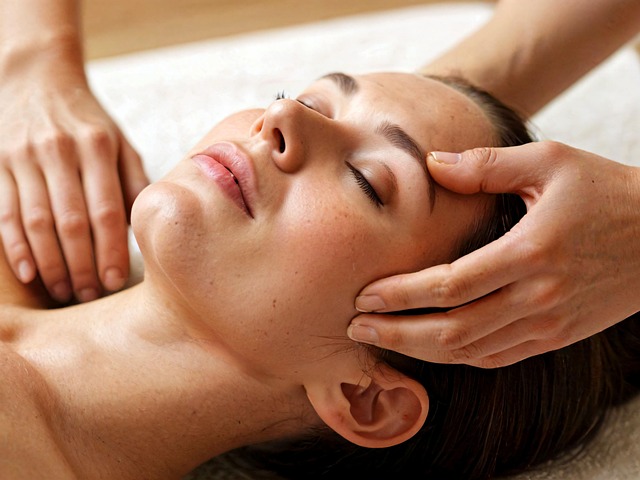Relationship therapy workshops are interactive sessions designed to strengthen bonds, navigate challenges, and enhance overall satisfaction for couples. These seminars provide a safe space for exploring issues, improving communication, and learning conflict resolution strategies through education and skill-building. Common topics include intimacy enhancement, anger management, rebuilding trust, and assertive communication. By attending these workshops, couples gain valuable insights and tools to make positive changes, fostering lasting happiness. Effective communication, facilitated by trained therapists, is key, using techniques like reflecting sentiments and 'I' statements. Interactive activities like role-playing and physical touch exercises enhance learning and connection. Workshops address modern challenges like work-life balance and social media's impact, empowering couples with practical tools for stronger bonds. Ongoing support post-workshop, including resources and check-ins, ensures continued progress. Success is measured through self-reported satisfaction, improved communication, and tangible metrics like reduced conflict frequency and increased positive interactions.
Couples workshops and seminars play a vital role in enhancing and revitalizing relationships. Understanding the purpose of these sessions, which often focus on improving communication, resolving conflicts, and fostering deeper connections, offers numerous benefits. This article explores the design and facilitation of engaging workshops, addressing modern couples’ challenges, and providing post-workshop support. By delving into relationship therapy, we aim to equip facilitators with strategies to measure success and positively impact participating couples.
Understanding the Purpose of Relationship Therapy Workshops

Relationship therapy workshops serve as powerful tools for couples seeking to strengthen their bonds and navigate challenges together. These interactive sessions are designed to provide a safe, supportive environment where individuals can explore underlying issues, improve communication, and develop effective conflict resolution strategies. Through a combination of education, skill-building, and emotional support, relationship therapy offers a holistic approach to fostering healthier dynamics and enhancing overall relationship satisfaction.
Workshops often cover a range of topics tailored to meet the specific needs of each couple. Common themes include improving intimacy, managing anger or stress, rebuilding trust, and learning assertive communication techniques. By attending these workshops, couples gain valuable insights, practical tools, and a renewed sense of connection, empowering them to make positive changes in their relationships and cultivate lasting happiness together.
Benefits of Attending a Couples Seminar

Attending a couples seminar can be a transformative experience for any relationship. These workshops offer a dedicated space for partners to connect, communicate, and learn new skills that enhance their bond. In today’s fast-paced world, where stress and distractions often interfere with quality time together, seminars provide a focused environment to strengthen the foundation of your relationship.
One of the key benefits is access to expert guidance from trained facilitators who can teach valuable techniques for conflict resolution, active listening, and effective communication. Through interactive exercises and group discussions, couples gain insights into their partner’s perspectives, fostering empathy and understanding. This not only improves individual connections but also paves the way for healthier interactions in all aspects of their lives, including family, work, and social settings.
Designing an Engaging Workshop Agenda

Creating a compelling workshop agenda is key to making your couples seminar successful and engaging. Start by setting clear objectives that align with the goals of relationship therapy. These could include improving communication, resolving conflicts, or fostering intimacy. Break down the session into segments that balance interactive activities, group discussions, and expert insights. Engaging exercises like role-playing scenarios or couple massages can make learning enjoyable.
Incorporate diverse formats to cater to different learning styles. This might involve using visual aids, hands-on experiences, and even moments of silence for reflection. Ensure the agenda allows time for questions and individual pairing activities to encourage personal connections. A well-structured agenda not only keeps participants invested but also facilitates meaningful transformations in their relationships through effective relationship therapy techniques.
Facilitating Effective Communication in These Sessions

Effective communication is a cornerstone of successful couples workshops and seminars, serving as the bedrock for fostering deeper connections and resolving conflicts. In these intimate settings, relationship therapists play a pivotal role in guiding partners to articulate their thoughts, feelings, and needs openly. By creating a safe, non-judgmental environment, therapists encourage active listening and empathy, allowing each partner to truly hear and understand the other. This, in turn, paves the way for constructive dialogue, where differences can be expressed respectfully, leading to meaningful negotiations and mutually agreeable solutions.
During these sessions, therapists employ various techniques to enhance communication, such as reflecting back sentiments, encouraging ‘I’ statements, and promoting mindful awareness of verbal and non-verbal cues. These strategies help couples to navigate sensitive topics without escalating tension, fostering a climate conducive to genuine healing and growth. By mastering effective communication skills, partners can build resilience, strengthen their bond, and embark on a journey towards a more fulfilling, harmonious relationship—a key objective of relationship therapy.
Incorporating Interactive Activities for Deeper Connection

Incorporating interactive activities into couples workshops and seminars is a powerful strategy for fostering deeper connections in relationship therapy. These engaging exercises go beyond traditional talk therapy by allowing partners to actively participate, communicate, and experience one another in new ways. Whether it’s role-playing scenarios, creative arts projects, or even simple physical touch exercises, these activities break down barriers and encourage vulnerability, making it easier for couples to express their needs, fears, and desires openly.
By incorporating interactivity, relationship therapy becomes more dynamic and impactful. Partners can gain insights into each other’s perspectives, enhance their emotional intelligence, and develop new skills for effective communication. The hands-on nature of these activities also helps to relieve tension and stress, creating a safer and more supportive environment where genuine connections can thrive.
Addressing Common Challenges Faced by Modern Couples

Modern couples often face unique challenges that can strain even the strongest bonds. Issues like work-life balance, communication breakdowns, and the impact of social media can create distance in relationships. Relationship therapy plays a crucial role in addressing these common hurdles by providing a safe space for partners to reconnect and rediscover their connection.
Workshops and seminars focused on relationship dynamics offer practical tools and strategies to navigate these challenges effectively. Through interactive discussions, couples learn improved communication techniques, conflict resolution skills, and ways to nurture emotional intimacy. These sessions are designed to empower partners with the knowledge and confidence needed to strengthen their bond and build a more fulfilling future together.
Providing Post-Workshop Support and Follow-Up Strategies

After attending a couples workshop or seminar, providing ongoing support and follow-up strategies is essential for reinforcing the skills learned and fostering lasting change in a relationship. This can include offering additional resources such as recommended reading materials, online courses, or access to private support groups where partners can continue their journey together. Relationship therapy professionals may also schedule check-in sessions post-workshop to assess progress, address any challenges that arise, and provide further guidance tailored to the couple’s specific needs.
Implementing consistent communication practices is a key component of successful follow-up. Encourage couples to set aside dedicated time for regular conversations, focusing on active listening, open dialogue, and expressing gratitude. Remind them that maintaining a healthy relationship requires ongoing effort and commitment. By integrating these strategies into their daily lives, participants can deepen their connection, improve conflict resolution skills, and continue growing together even after the formal workshop has concluded.
Measuring Success and Evaluating the Impact on Relationships

Measuring success in couples workshops and seminars is a multifaceted endeavor, often relying on self-reported satisfaction levels and improvements in communication. Relationship therapy, for instance, assesses progress through pre-and post-program surveys, where partners rate their level of connection, conflict resolution skills, and overall happiness. These qualitative measures provide valuable insights into the immediate impact of the seminar.
Quantitative metrics, such as reduced conflict frequency, increased positive interactions, and improved sexual satisfaction, also serve as indicators of successful relationship therapy. Longitudinal studies further enhance our understanding by tracking couples over time, revealing whether workshop benefits are sustained or require ongoing practice. This comprehensive evaluation ensures that relationship therapy programs are not only effective in the moment but also foster lasting positive changes.
